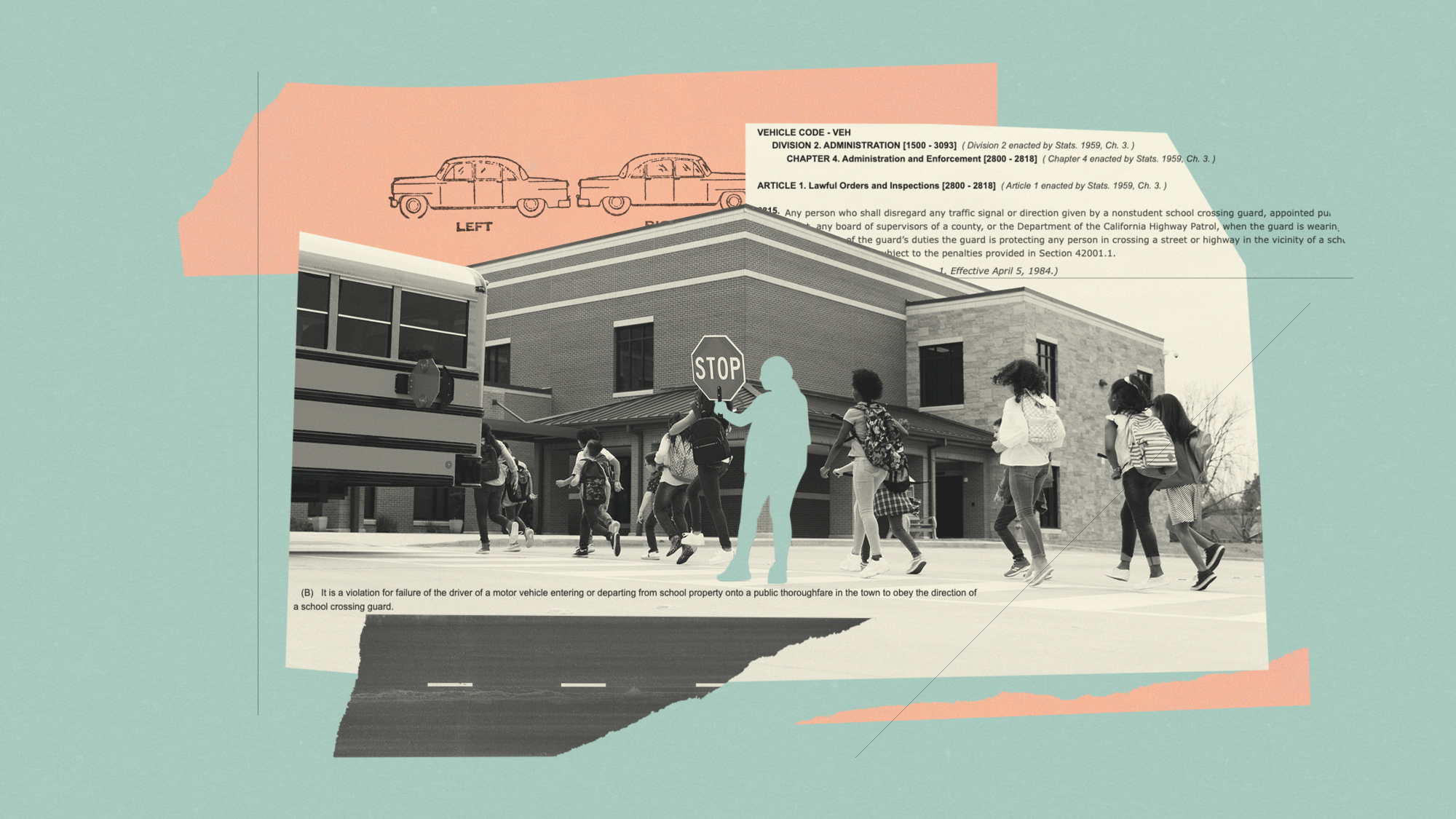The Daily Show isn't as influential as you think
The satirical show's power comes from other sources


When a supreme talent like Jon Stewart announces he’s giving up his chair at the end of year, it’s hard not to think in superlatives.
He was the guy who forced CNN to cancel Crossfire. His self-conscious irony fortified brand liberalism with gooey comedy goodness. He captured that weird balance between snark and sincerity that the fabled television demo — 18 to 34 year olds — seemed to crave.
The cognoscenti found him cool.
The Week
Escape your echo chamber. Get the facts behind the news, plus analysis from multiple perspectives.

Sign up for The Week's Free Newsletters
From our morning news briefing to a weekly Good News Newsletter, get the best of The Week delivered directly to your inbox.
From our morning news briefing to a weekly Good News Newsletter, get the best of The Week delivered directly to your inbox.
And he is cool. And consistently funny. I watch every episode. But consider:
The Daily Show is funniest when its segments expose institutional failures or make fun of the foibles of politicians and the government, not when it lampoons conservatives, who are easy targets. But since both Stewart and his writers are liberals who favor an activist government that redistributes wealth and one that uses regulation to curtail the rapacious interests of corporations, the show hits its targets by convincing viewers to have less faith in government. I think Stewart would object here and say that the cynicism is directed at politicians and the way they use government, but since politicians are the ones who run the government, the effect is the same. Call it the tragedy of great satire. This is why Stewart is not and could never be an activist.
Also:
** Around 2.5 million Americans per night watch The Daily Show. More than nine million tune in to NBC Nightly News. The influence of the people who watch the show is greater than the show's influence itself.
A free daily email with the biggest news stories of the day – and the best features from TheWeek.com
** Thanks to The Daily Show, CNN’s Crossfire died, and then the network simply integrated the he-said/she-said political formula elsewhere. The format lives. Jim Cramer, maligned by Stewart for his boorish financial boosterism, still has a show.
** The Colbert Report was consistently sharper, occasionally the mallet to Stewart's sledgehammer. Where Stewart and his writers squeezed all the possibly laughs by making fun of the dumb things that cable news anchors and politicians say, Stephen Colbert's character, "Stephen Colbert," was a sustained assault on the right's institutionalized anti-elitism and resentment-trigger politics.
** Stewart was a stand-up comic who became a satirist; with some exceptions, the third block of the show, dedicated to interviewing a guest, is always the weakest, even when the guest was a ripe target.
** If it's easier to be a truth-teller on network or cable news shows, it's not because of The Daily Show’s relentless mockery: Fox News broke the illusion of journalistic neutrality, and the rest of the media elite tried to play catch up.
What's best about the show? It incubates talent. Steve Carell and Ed Helms, both actors. Colbert, of course. But John Oliver, too. The Corddry bothers, Rob and Nate. And a generation of whip-smart comics of color who might otherwise remain on the stand-up circuit if not for Stewart's incredible eye for talent and his generosity in letting it fly. Aasif Mandvi, Wyatt Cenac, Mo Rocca, Al Madrigal, Jessica Williams, and Larry Wilmore, among others.
And the writers, too: David Javerbaum (The Late Late Show), Allison Silverman (Portlandia), Tim Carvell (Last Week Tonight).
This is how The Daily Show became more than the sum of its parts.
Marc Ambinder is TheWeek.com's editor-at-large. He is the author, with D.B. Grady, of The Command and Deep State: Inside the Government Secrecy Industry. Marc is also a contributing editor for The Atlantic and GQ. Formerly, he served as White House correspondent for National Journal, chief political consultant for CBS News, and politics editor at The Atlantic. Marc is a 2001 graduate of Harvard. He is married to Michael Park, a corporate strategy consultant, and lives in Los Angeles.
-
 Millions turn out for anti-Trump ‘No Kings’ rallies
Millions turn out for anti-Trump ‘No Kings’ ralliesSpeed Read An estimated 7 million people participated, 2 million more than at the first ‘No Kings’ protest in June
-
 Ghislaine Maxwell: angling for a Trump pardon
Ghislaine Maxwell: angling for a Trump pardonTalking Point Convicted sex trafficker's testimony could shed new light on president's links to Jeffrey Epstein
-
 The last words and final moments of 40 presidents
The last words and final moments of 40 presidentsThe Explainer Some are eloquent quotes worthy of the holders of the highest office in the nation, and others... aren't
-
 The JFK files: the truth at last?
The JFK files: the truth at last?In The Spotlight More than 64,000 previously classified documents relating the 1963 assassination of John F. Kennedy have been released by the Trump administration
-
 'Seriously, not literally': how should the world take Donald Trump?
'Seriously, not literally': how should the world take Donald Trump?Today's big question White House rhetoric and reality look likely to become increasingly blurred
-
 Will Trump's 'madman' strategy pay off?
Will Trump's 'madman' strategy pay off?Today's Big Question Incoming US president likes to seem unpredictable but, this time round, world leaders could be wise to his playbook
-
 Democrats vs. Republicans: who are US billionaires backing?
Democrats vs. Republicans: who are US billionaires backing?The Explainer Younger tech titans join 'boys' club throwing money and support' behind President Trump, while older plutocrats quietly rebuke new administration
-
 US election: where things stand with one week to go
US election: where things stand with one week to goThe Explainer Harris' lead in the polls has been narrowing in Trump's favour, but her campaign remains 'cautiously optimistic'



